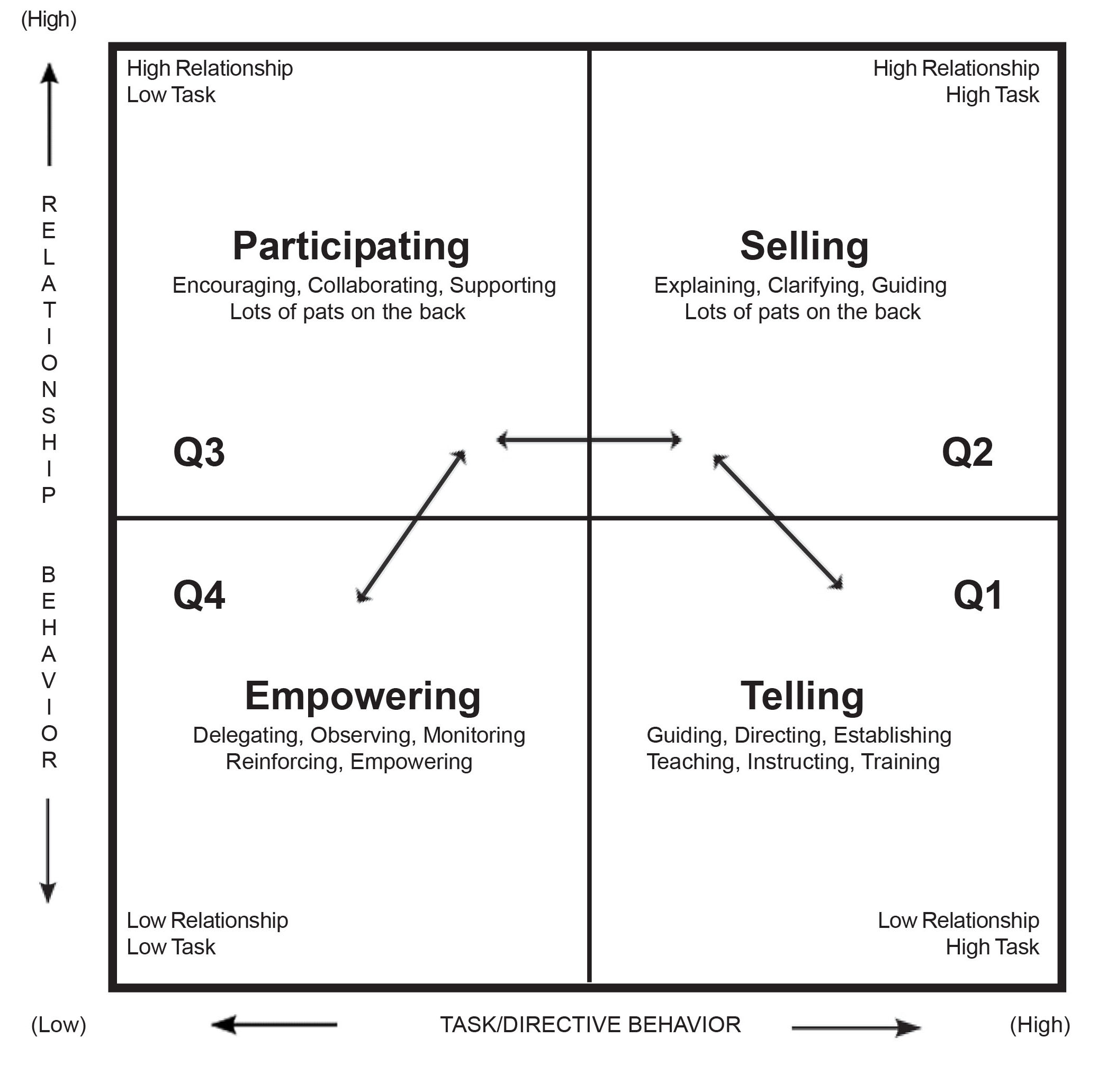I became a customer service GEEK in 1981 when I read Tom Peters and Robert Waterman’s book, In Search of Excellence. I was then thrilled to hear they made a documentary on the book and it was going to be shown on PBS. I recorded the show onto my VHS.
Every employee I’ve had (that’s well over 300) since then has watches the customer service sections of that documentary. Since I wore out my recording, I eventually bought the VHS and then the DVD.
From 1981 on, we were REALLY GOOD at listening to our clients, putting ourselves into every client interaction and make things right when we messed up.
By 1991, we had grown dramatically, and while we did a great job of making things right when we messed up, we messed up far too often. We wasted a bunch of time and money fixing things and I was totally burned out being the know- it-all King Solomon.
I had become a slave to my business. It seemed like I was always responding to things and taking care of problems. I had no time for myself. It was not fun.
I decided I didn’t want my business to grow anymore. It seemed like the only things that grew as fast as my business were my headaches, and I sure as heck didn’t want any more employees… talk about headaches. I might as well have been a babysitter. I in fact, considered throwing in the towel and going back into sales.
Happily, that wasn’t the end of the story.
By 2005 I owned 5 profitable businesses and loved what I did.
But what happened?
How did I go from a guy who didn’t want to expand his business, who had more headaches than he could handle, to a guy whose business has grown dramatically, added four more businesses, loves his work, has the time he wants to spend with his wife, kids, and grandkids, has time for his many hobbies, and recently sold that original business for millions more than like businesses?
Now, since 1995, when I go on vacation, I never get interrupted. I come back refreshed and excited to get back to work. Instead of problems, I come back to a business running as well, or better, than when I left.
Before I sold my big business, I went on a 3-week Mediterranean cruise, with no cell phone and no email. I told my Vice President of Operations the ship I was on, and I told her “You’ll have to figure out how to get in touch with me if you need me.” I knew she wouldn’t need me. Like I said, since around 1995 when I go on vacation, I never get interrupted.
How does the business get better while you’re gone?
It’s the system. The entire system is designed for continuous improvement whether you’re there or not.
I invented THE small business management system that made me more money, made my job infinitely easier and more enjoyable… a system that our employees love and in fact led to us being named “The Best Small Business to Work for in Washington State” by Washington CEO Magazine.
It’s a system that creates great clients who love doing business with you. At the same time it gives you, the owner, more time to work on the important things in your business: more time for your family, more time for your friends, more time for yourself and it is simply a lot more fun.
What they teach in business school doesn’t work for small businesses – I know, I’m and business school graduate. I was using that crap when I was burned out!
Do you think this system just might work for you? Frankly, it’s not right for everyone, so why don’t you schedule a free 30 minute consultation with me to see if it will work for you.
Don’t worry, I’m not going to sell you anything. We’ll simply have a conversation. If it’s not right for you, it’s not right. I’ll learn about you. You’ll learn about me. We’ll still stay in touch and remain friends.
Go here to pick a time to schedule our 30 minute consultation https://keith12.youcanbook.me/






